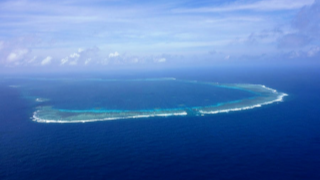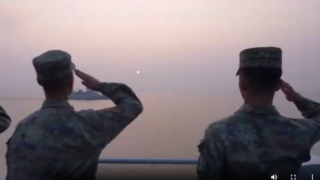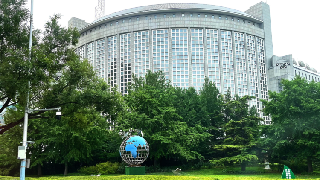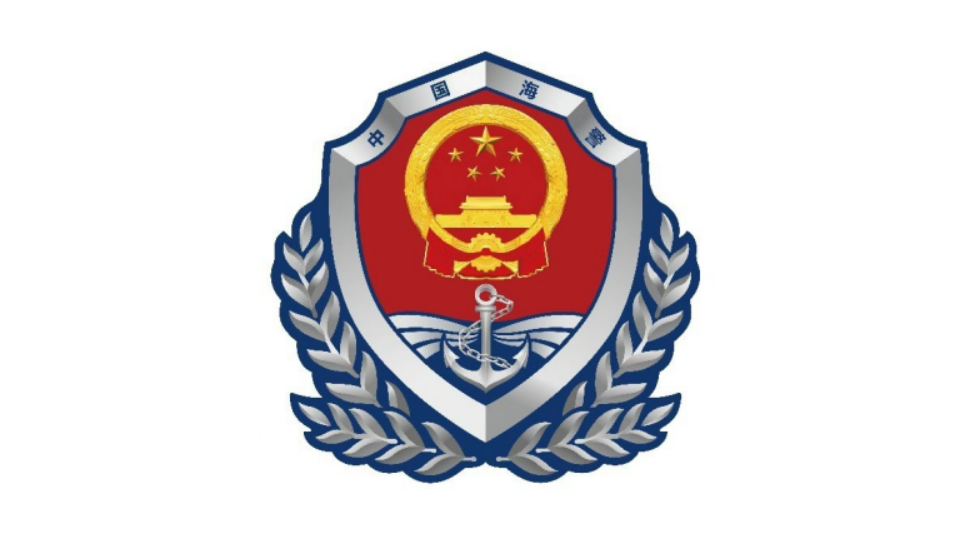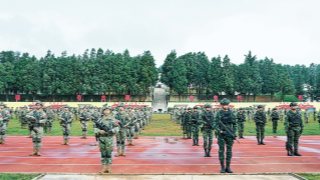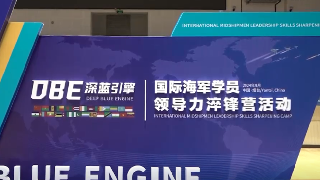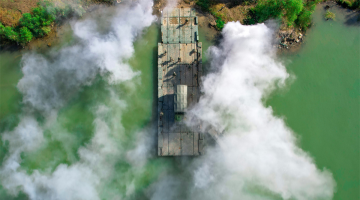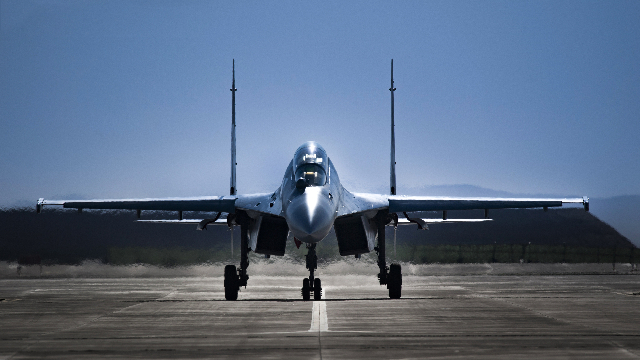By Hu Bo
胡波
In recent years, the discourse of some Western countries and some Southeast Asian claimants on the South China Sea issue has evolved into a discourse that prioritizes positions and emotions, regardless of right or wrong. That is, regardless of the actual situation and specific facts, they are targeting China, and even fabricate all kinds of absurd stories. As a result, rumors about China's statements, policies, and actions regarding the South China Sea have continuously surfaced.
近年来,关于南海问题,在西方一些国家和部分东南亚声索国的语境中,已经演变成立场和情感优先、不问是非。即无论实际形势如何和具体事实怎样,就是无来由地针对中国,为此还不惜编造各种荒诞不经的故事。因此,有关中国南海主张、政策和行动的谣言此起彼伏。
The inaugural Manila Dialogue on the South China Sea was held in Manila, the Philippines from November 6 to 8. This dialogue was initiated at the behest of Philippine President Ferdinand Romualdez Marcos Jr. and co-hosted by multiple Philippine non-governmental organizations and the US think tank Pacific Forum. The conference aimed to build an international united front on cognitive warfare against China's South China Sea stance. Around 200 experts and media representatives from 19 countries including the US, Australia, Vietnam, Japan, Germany, and France attended the event.
11月6日至8日,首届“马尼拉南海对话会”在菲律宾马尼拉举行。这次对话会是在菲总统马科斯的授意下,由菲律宾多个非政府组织和美国智库太平洋论坛联合举办。会议目的是建构“针对中国南海认知战的国际统一阵线”。来自美国、澳大利亚、越南、日本、德国、法国等19个国家的约200名专家及媒体代表参加了本次对话会。
In this smear campaign against China, apart from the representatives from the Philippines, the most prominent ones are mainly the following three categories. The first category is the extreme anti-China figures represented by RayPowell, the director of Project Myoushu (launched by Stanford University). He directly accused China of being "imperialist".
在对华抹黑和负面攻击中,除了菲律宾的代表外,最显眼的主要有以下两类类:第一类是以“妙手”项目(由斯坦福大学推出)负责人鲍威尔为代表的极端反华人士,他直接诬称中国是“帝国主义”。
The second category consists of ambassadors from Western countries like the US, Japan, and Canada to the Philippines, whose remarks predictably skewed and adhered to so-called "political correctness", placing all responsibility for the South China Sea issues squarely on China and publicly declaring their support for the Philippines in confronting China.
第二类是美国、日本、加拿大等西方国家驻菲律宾的大使,他们的发言一如既往地偏颇和保持所谓“政治正确”,将南海所有的问题都归咎于中国,高调声称在南海问题上支持菲律宾对抗中国。
While the atmosphere seemed intimidating, Chinese experts who are truly familiar with South China Sea affairs and have been following the South China Sea issues for a long time can still deal with it with ease. Professor Lei Xiaolu from Wuhan University China Institute of Boundary and Ocean Studies (CIBOS) introduced the recent Report on Navigation and Overflight Situation in the South China Sea by the South China Sea Strategic Situation Probing Initiative (SCSPI) in a panel discussion on the legal frameworks of the South China Sea. Professor Lei presented data and visuals that detailed the navigation and overflight situation and relevant legal issues in the South China Sea, leaving a strong impression on the audience.
阵势虽然很唬人,不过对于真正熟悉南海事务、长期跟踪南海问题的中国专家而言,依然可以游刃有余地应对。其中,武汉大学中国边界与海洋研究院的雷筱璐教授在南海的法律规则小组讨论中重点介绍了“南海战略态势感知计划”近期发布的《南海航行与飞越状况报告》,以有图有数据有真相的形式阐述了南海的航行与飞越状况以及相关的法律问题,令现场听众颇为震撼。
The primary challenge in shaping global perception on the topic of the South China Sea is that dominant Western voices often promote narratives based on stance and emotion rather than facts and truth. In the foreseeable future, Chinese diplomats and experts may continue to face criticism on the international stage, as Western countries control much of the global discourse, and public opinion often favors weaker countries. Nonetheless, the Chinese officials and scholars will articulate China's perspective, assert China's claims, and dispel rumors aimed at China in such international forums.
在南海议题上,目前认知的最大困境是,由于西方话语权的强势,国际上传播较多的声音是基于立场和情感而非基于事实和真相。在可预见的将来,中方的外交官和专家在国际上处于“挨骂”的局面可能会持续一段时间,因为西方国家掌握着国际话语权,加之舆论通常同情国力相对较弱的国家。中国官员和学者将在类似会议中发出中国的声音、宣示中国的主张,破解针对中国的谣言。
(The author is the director of the South China Sea Strategic Situation Probing Initiative.)
(作者是“南海战略态势感知计划”主任)





